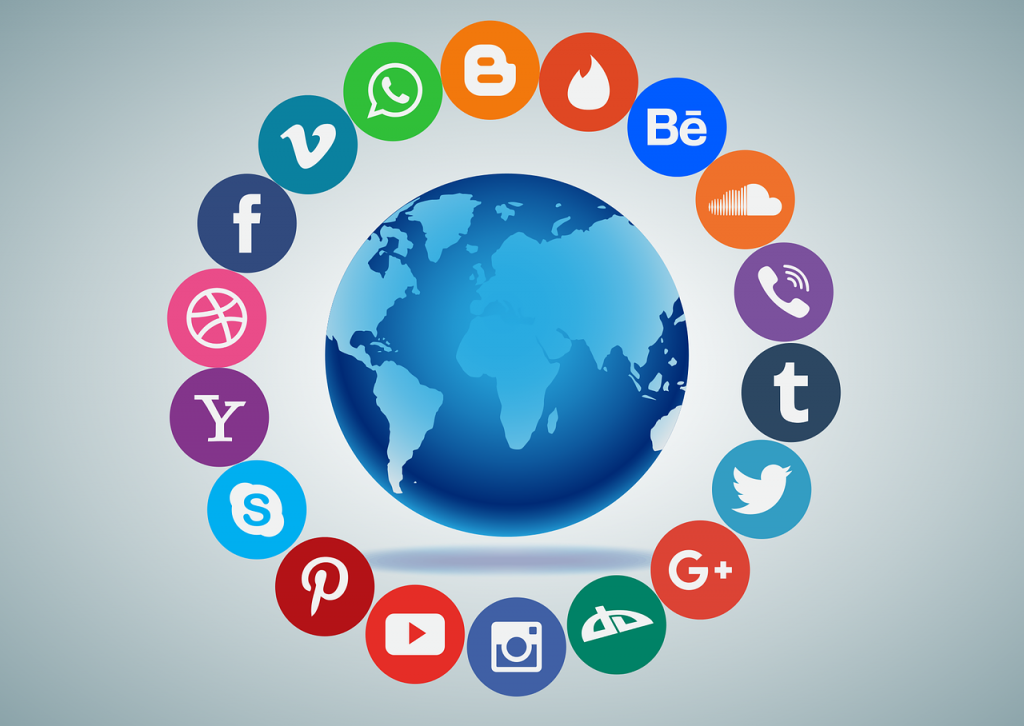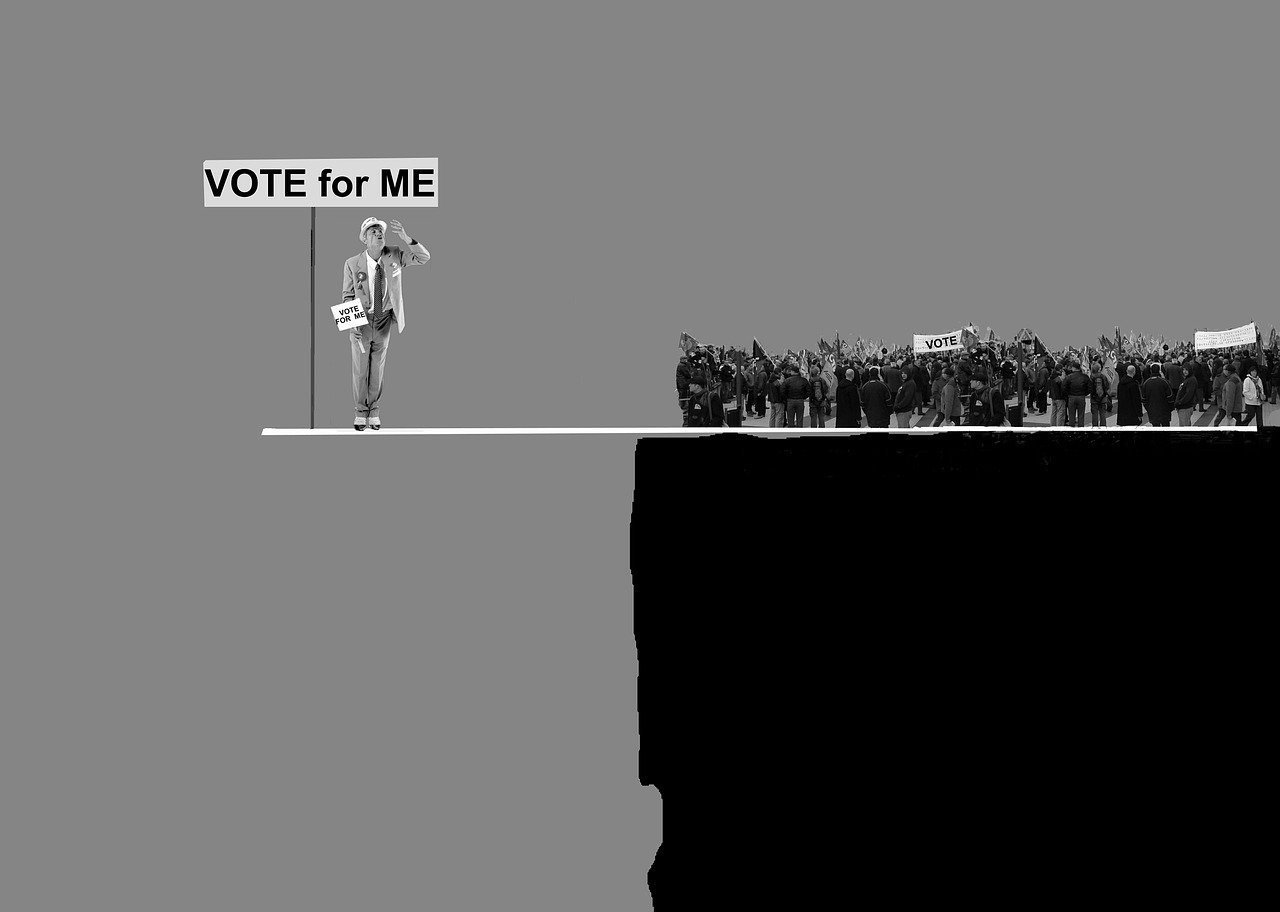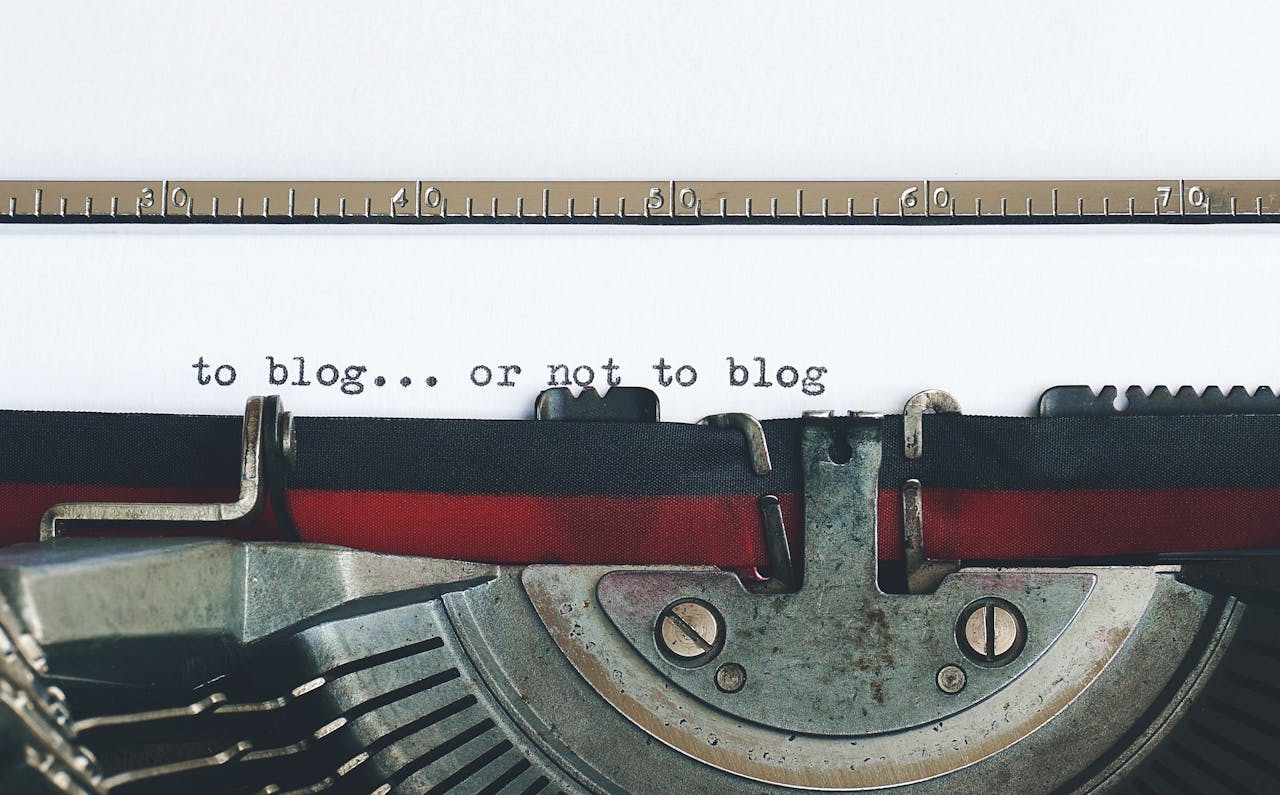Table of Contents
Introduction
In the age of digital communication, social media platforms have emerged as powerful tools influencing various aspects of society, including politics. India, with its vast population and diverse political landscape, experiences a significant impact from social media engagement. Understanding how likes, shares, and votes intertwine in the digital sphere is crucial for comprehending the dynamics of Indian politics in the modern era.
Define the Influence of Social Media
Social media platforms like Facebook, Twitter, Instagram, and WhatsApp serve as conduits for political discourse, allowing individuals to express opinions, share information, and engage with political content.
Importance in Indian Politics
Indian politics, renowned for its complexity and diversity, has seen a paradigm shift with the rise of social media. From shaping public opinion to mobilizing voters, digital platforms play a pivotal role in political campaigns and governance.
Types and Categories of Social Media Engagement
Political Content Consumption
Users engage with political content through various mediums, including articles, videos, memes, and infographics, shaping their perceptions and influencing decision-making processes.
Social Networking
Platforms facilitate interactions among politicians, activists, and citizens, fostering virtual communities centered around political ideologies and affiliations.
Activism and Advocacy
Social media provides a platform for individuals and groups to advocate for social and political causes, mobilize support, and initiate collective action.
Symptoms and Signs of Social Media Impact
Viral Trends
Content, whether genuine or fabricated, can rapidly spread across social media platforms, amplifying narratives and shaping public discourse.
Echo Chambers
Users often engage with like-minded individuals and sources, leading to the formation of echo chambers where dissenting opinions are marginalized, contributing to polarization.
Misinformation and Disinformation
The proliferation of fake news, misinformation, and propaganda poses significant challenges, influencing public opinion and eroding trust in democratic institutions.
Causes and Risk Factors Driving Social Media Influence
Accessibility and Connectivity
The widespread availability of smartphones and affordable internet access has democratized information dissemination, empowering individuals to participate in online discussions.
Political Fragmentation
India’s diverse socio-cultural landscape, coupled with regional and ideological differences, contributes to the fragmentation of political discourse, leading to polarization and echo chambers.
Algorithmic Bias
Algorithmic mechanisms employed by social media platforms prioritize engagement and sensational content, often amplifying divisive narratives and misinformation.
Diagnosis and Tests for Social Media Influence
Sentiment Analysis
Analyzing social media data using sentiment analysis tools provides insights into public perceptions, attitudes, and emotions towards political actors and issues.
Network Analysis
Studying the network structure and dynamics of social media interactions helps identify influential users, community clusters, and the diffusion patterns of political content.
Content Analysis
Examining the content shared on social media platforms allows researchers to assess the prevalence of misinformation, analyze discourse patterns, and identify emerging trends.
Treatment Options for Mitigating Negative Impact
Media Literacy Programs
Educational initiatives aimed at enhancing critical thinking skills and digital literacy can empower individuals to discern credible information from misinformation.
Fact-Checking Initiatives
Collaborative efforts between media organizations, fact-checkers, and tech companies play a crucial role in debunking falsehoods and promoting accuracy in online discourse.
Regulatory Measures
Policy interventions addressing issues like data privacy, content moderation, and electoral integrity are essential for fostering a healthier digital ecosystem.
Preventive Measures for Sustaining Positive Engagement
Civic Engagement
Encouraging active participation in democratic processes, such as voting, advocacy, and community engagement, fosters a sense of responsibility and ownership among citizens.
Dialogue and Debate
Promoting constructive dialogue and civil discourse across ideological divides cultivates mutual understanding and facilitates the exchange of diverse perspectives.
Transparency and Accountability
Ensuring transparency in political communication, including disclosure of funding sources and advertising expenditures, enhances trust in political actors and institutions.
Personal Stories Highlighting Social Media’s Influence
Grassroots Movements
The rise of grassroots movements like #MeTooIndia and #FarmersProtest underscores the power of social media in amplifying marginalized voices and catalyzing social change.
Youth Mobilization
Young voters, often dubbed as digital natives, leverage social media platforms to mobilize peers, raise awareness about political issues, and drive voter turnout.
Expert Insights on Social Media’s Role in Indian Politics
Dr. Rajeshwari Deshpande, Political Analyst
“Social media serves as a double-edged sword in Indian politics, offering unprecedented opportunities for political mobilization while also exacerbating polarization and disinformation.”
Prof. Shashi Tharoor, Member of Parliament
“The digital revolution has democratized political discourse, empowering citizens to hold elected representatives accountable and participate in governance like never before.”
Conclusion
In conclusion, the nexus between social media engagement and Indian politics is undeniable, with likes, shares, and votes intersecting in the digital realm to shape narratives, mobilize citizens, and influence electoral outcomes. As India continues its digital transformation, it is imperative to harness the potential of social media for fostering informed citizenship and strengthening democratic institutions.


